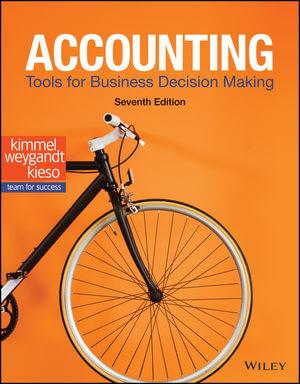Answered step by step
Verified Expert Solution
Question
1 Approved Answer
Using the template provided, analyze the project with Net Present Value, Internal Rate of Return, Payback Period, and Modified Payback Period. Repeat the NPV, IRR,
- Using the template provided, analyze the project with Net Present Value, Internal Rate of Return, Payback Period, and Modified Payback Period.
- Repeat the NPV, IRR, Payback, and Modified Payback analyses for high and low confidence estimates of the project's net annual positive cash flows.
Josephine Joline Jones, Chief Financial Office of Jo Jo's Circus has been investigating opportunities to expand her operations.
Project: Expand concessions and gift shops
- Requires the purchase and customization of portable facilities and equipment, estimated to cost $772,500 upfront.
- In addition, again due to the seasonal and transitional nature of the circus industry, Jo Jo estimates that she will need to dedicate working capital of $10,500 at the beginning of the project. The $10,500 working capital will become available once the project's life is over.
- Jo Jo expects the project to yield positive net annual cash flows over the project's expected 6-year life as follows:
- End of 1st Year: $281,300, End of 2nd Year: $259,000, End of 3rd Year: $236,300, End of 3rd Year: $236,300, End of 4th Year: $202,500, End of 5th Year: $157,500,
End of 6th Year: $112,500
- Given Jo Jo's management team's experience with concessions and gift sales, Jo Jo feels confident that the net annual cash flows will be between 90% and 110% of the above estimates.
- Jo Jo expects to scrap the concession and gift shop facilities and equipment at the end of the 6 years for $8,000.
Jo Jo's investors require 15% return on their invested cash each year. The circus has managed to secure a tax haven such that they do not expect to pay any income taxes over the foreseeable future.
Please show Excel formulas

Step by Step Solution
There are 3 Steps involved in it
Step: 1

Get Instant Access to Expert-Tailored Solutions
See step-by-step solutions with expert insights and AI powered tools for academic success
Step: 2

Step: 3

Ace Your Homework with AI
Get the answers you need in no time with our AI-driven, step-by-step assistance
Get Started


